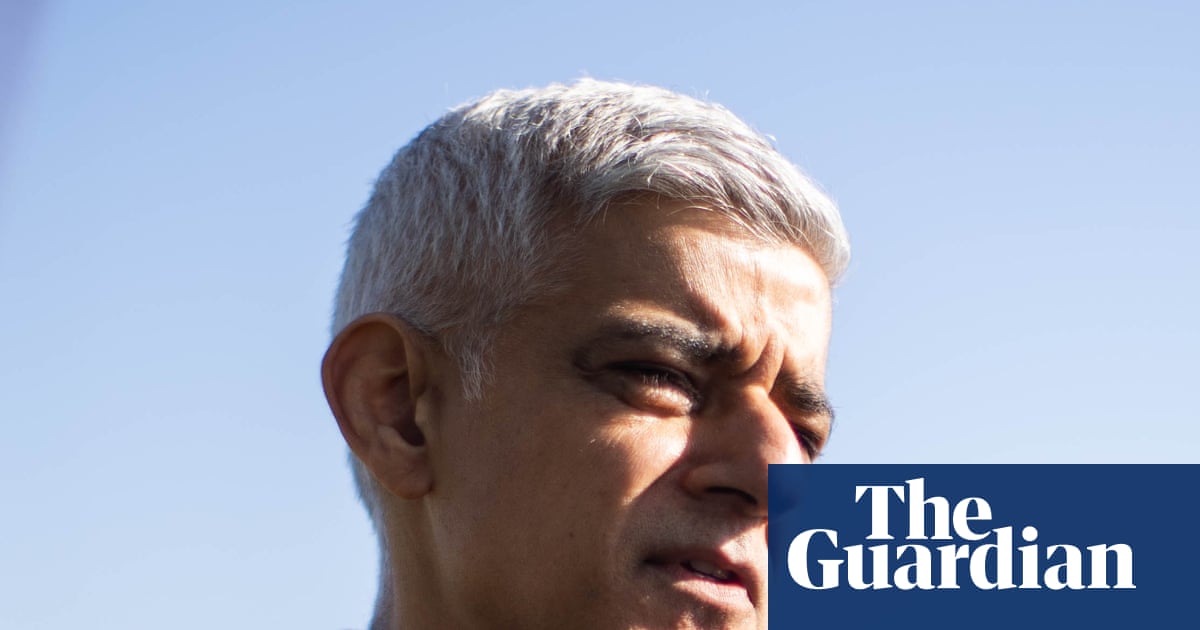Energy costs will fall for millions of British households this summer after the industry watchdog cut the price cap for a typical annual dual-fuel bill by 7% to £1,720.
The energy regulator for Great Britain, Ofgem, said the cap on gas and electricity charges would fall from July by the equivalent of £129 a year for the average home after a sharp slump in Europe’s gas market prices.
Despite the drop, which follows three consecutive quarterly increases, the typical household will still pay about £600 a year more on their annual bill than before Russia’s invasion of Ukraine three years ago.
About 9m households that buy their energy through variable tariffs will see an immediate impact on their bills when the cap takes effect in July. But bill-payers could still face higher bills if they use more than the typical amount of energy.
This is because the cap, which is recalculated every three months, limits the rate energy suppliers can charge customers for each unit of gas and electricity – not the total bill.
Ofgem was able to lower the cap after a slump in gas market prices across Europe, which has helped to cut costs for energy suppliers.
The benchmark price for European gas tumbled from highs of almost €58 (£49) per megawatt-hour (MWh) in February to just over €31/MWh last month, while the UK gas market price fell from 138p per therm to about 78p/th.
Cheaper gas means lower costs for household heating, but it also lowers the cost of electricity in the UK because a large proportion of power is generated in gas power plants.
Tim Jarvis, the director general of markets at Ofgem, said: “I want to remind people is that you don’t have to pay the price cap – there are better deals out there so it’s important to shop around, and talk to your existing supplier about the best deal they can offer you. And changing your payment method to direct debit or smart pay as you go can save you up to £136.
“In the longer term, we need an energy system where prices are insulated from the volatile international gas market, and which ensures more stable prices and energy security. And we’re working closely with government to get the investment we need to reach our clean power and net zero targets as quickly as possible.”
The new price cap is likely to reignite the debate over the affordability of the UK’s energy. A record proportion of British households were unable to pay their energy bills by direct debit last month because there was not enough money in their bank accounts, according to official government data.
More than 2.7% of direct debit payments for gas and electricity defaulted in April because of insufficient funds, the latest figures published by the Office for National Statistics have revealed.
The rising energy default figures are expected to lead to higher overall energy debt and arrears, which reached a record £3.8bn at the end of September last year. This is more than double the debt shouldered by households at the start of 2022.
after newsletter promotion
On Wednesday, Keir Starmer said he wanted more pensioners to be eligible for winter fuel payments after a backlash against Labour’s decision last summer to limit support to the poorest households.
The prime minister said he would look again at the £11,500 income threshold over which pensioners are no longer eligible for the allowance, but would not say how many of the approximately 10 million people who lost it would have it restored or if the U-turn would come into effect this winter.
Ed Miliband, the energy secretary, said: “This fall in energy bills is welcome news for families across the country and will mean that working people keep more of their money in the coming months.
“However, we know that it is only through our mission for clean, homegrown power that we can get off the rollercoaster of fossil fuel markets controlled by dictators and petrostates – and give families and businesses energy security and bring down bills for good.”
The chief executive of the charity Citizens Advice, Clare Moriarty, said: “Today’s announcement will be cold comfort to the millions paying off a mountain of debt on top of their monthly costs.
“The government has said it hopes to provide more support to pensioners this winter but we know that people with children are often struggling most of all with energy. It must provide more targeted energy bill support to those hardest hit, and upgrade 5m homes with money-saving energy efficiency measures.”

.png) 3 months ago
75
3 months ago
75

















































